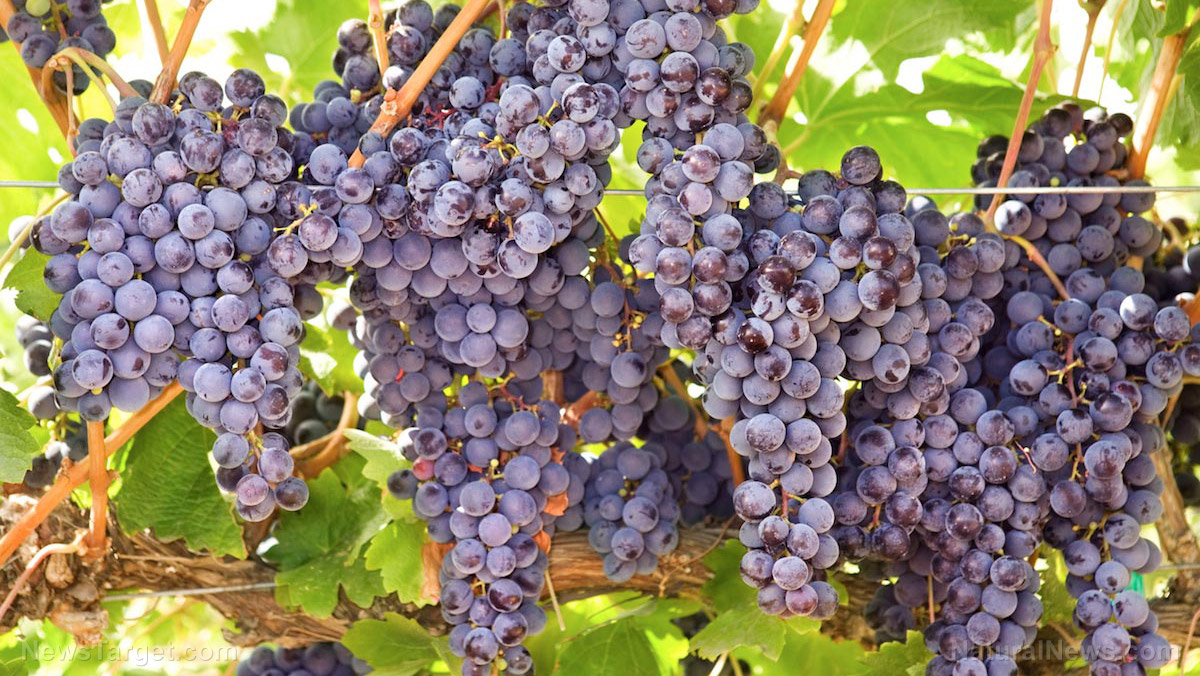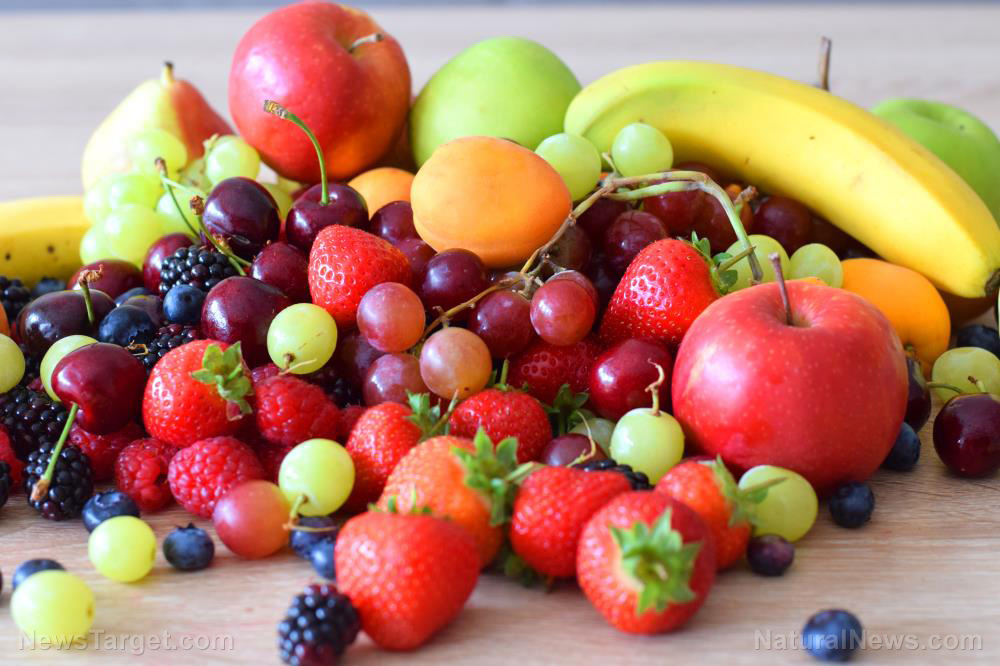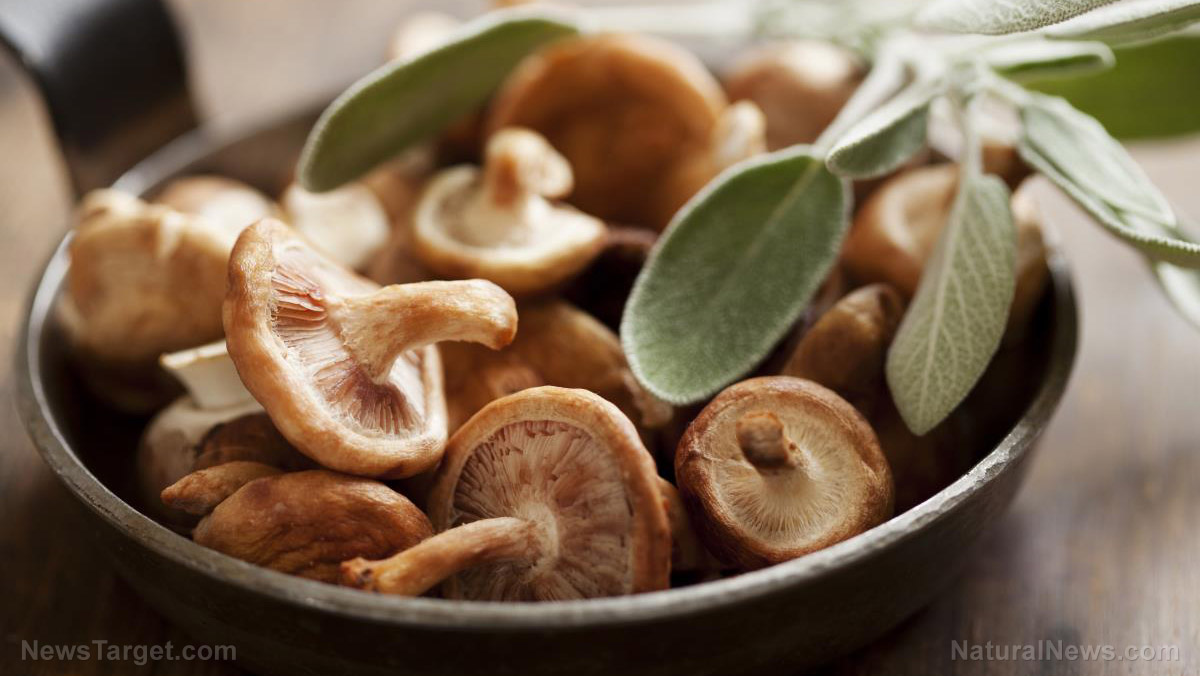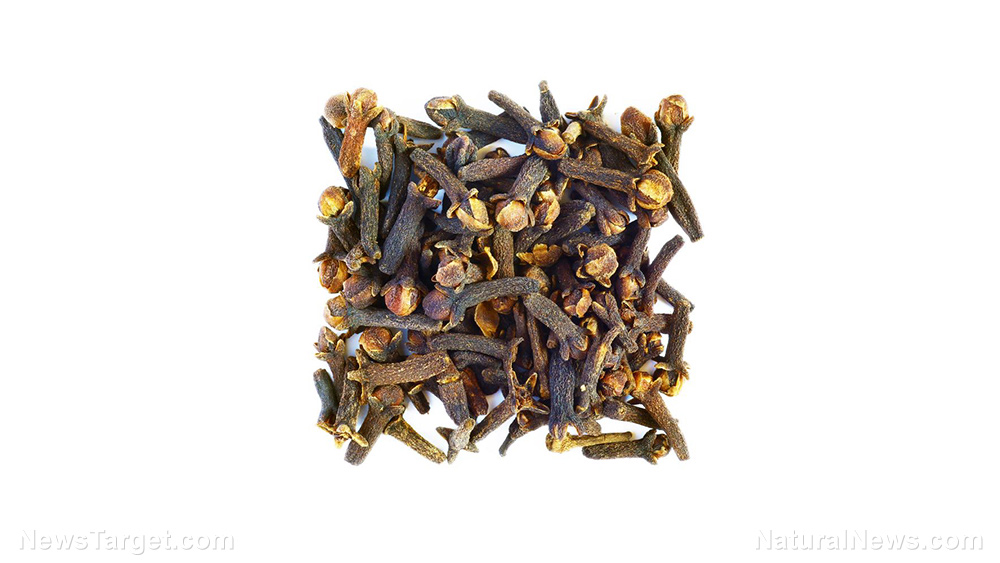A species of red algae found to improve circulation and protect against blood clots
12/11/2019 / By Evangelyn Rodriguez
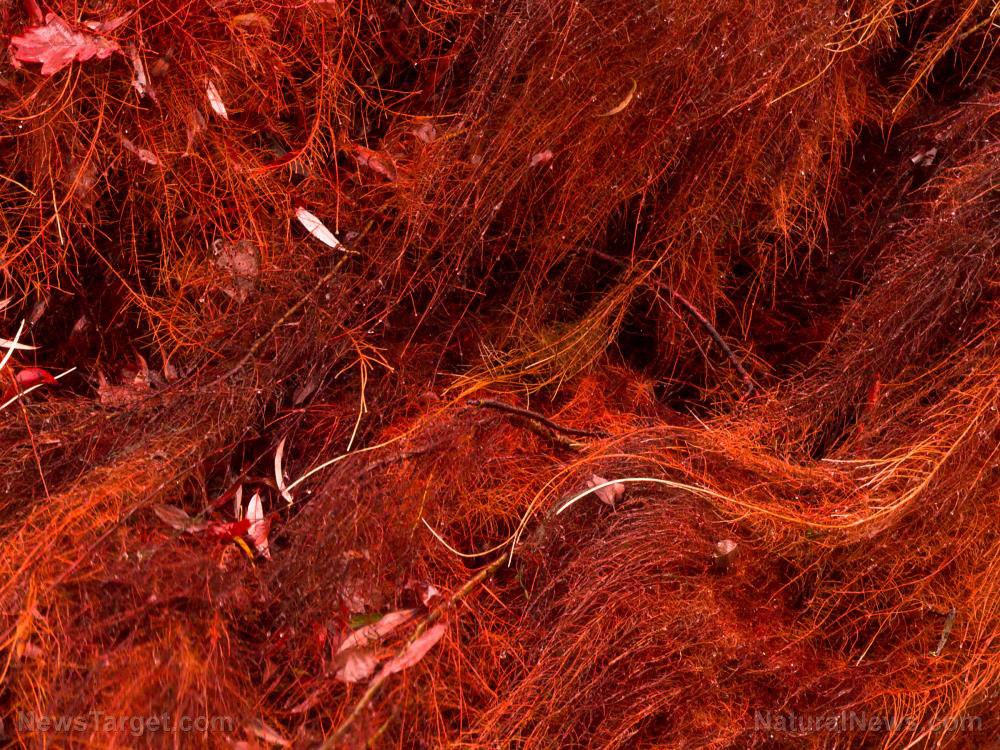
Extracts from a species of red algae known as Acanthophora spicifera can stop excessive blood coagulation that causes blood clots, reported researchers from Federal Fluminense University in Brazil. In a recently published article in the Journal of Medicinal Plants Research, they described how components of the alga could inhibit the function of thrombin, the main enzyme responsible for hemostasis which prevents excessive bleeding. This activity, according to the researchers, can be used to stop the formation of blood clots, which can clog blood vessels and leads to life-threatening events like heart attack or stroke.
Blood clotting and how it leads to heart attack or stroke
Blood clotting naturally occurs as part of the healing process. When a blood vessel is damaged, blood inevitably spills out. The body instantly remedies this by triggering a cascade of reactions that begins with the slight narrowing of the injured blood vessel, a process called vasoconstriction. This serves to limit the loss of blood while natural blood components jump into action to stem the bleeding.
The blood clotting process is initiated by tiny cells called platelets, which coagulate at the site of injury to form what is called a “platelet plug.” This “plug” forms along the surface of the blood vessel to stop blood from leaking out. Then, proteins called coagulation factors, which are present on the surface of platelets, work together to form a mesh-like structure called a fibrin clot, the final patch that puts a stop to the hemorrhage. Fibrin is a fibrous, insoluble protein produced during the coagulation process for the purpose of impeding blood flow.
While blood clotting is an important and beneficial process, it can also lead to harmful events that cause irreversible damage to the heart or brain. The sudden rupturing of cholesterol plaque in the arteries can trigger the blood clotting process. Depending on where it happens, the resulting clot can block the flow of blood to the heart muscle or the brain, leading to either a heart attack or stroke. (Related: Natural Enzyme in a Japanese Food Dissolves Blood Clots.)
Extracts from Brazilian red alga stops blood coagulation
Cardiovascular disease is the leading cause of death and morbidity around the world. Thrombi or blood clots, which can cause heart attack or stroke, are formed when both platelet aggregation (clustering) and coagulation (clotting) are dysregulated. Due to the limitations and side effects of conventional anti-thrombotic drugs, scientists have been exploring alternative treatments for thrombosis since the last decade.
A. spicifera is a marine alga that exists in many parts of the world. It is mainly used as food and as a source of carragenaan, a known emulsifying agent. For their study, the researchers looked into the anti-coagulant and anti-platelet effects of extracts obtained from a species of A. spicifera found in Brazil. They compared its effects with those of commercial health products, such as biotin, myristic acid, beta-carotene and vitamin B12.
The researchers prepared multiple extracts using different solvents and evaluated them in terms of prothrombin time, activated partial thromboplastin time, fibrinogen coagulation, and thrombin time — measures routinely used for clinical trials and on platelet aggregation. They reported that all of the A. spicifera extracts and commercial products they tested successfully inhibited plasma coagulation and platelet aggregation. Moreover, the extracts also inhibited the enzymatic activity of thrombin and proved to be non-cytotoxic, as evidenced by the absence of platelet or red blood cell lysis (rupture).
Based on these results, the researchers concluded that A. spicifera extracts have therapeutic potential and can be used to develop a new class of drugs which could stop dangerous blood clots from forming in the arteries.
Sources include:
Tagged Under: alternative medicine, anti-coagulant, Blood clots, brain damage, brain health, disease treatments, food cures, food is medicine, functional food, heart disease, heart health, natural cures, natural medicine, prevention, Red algae, research
RECENT NEWS & ARTICLES
FoodIsMedicine.com is a fact-based public education website published by Food Is Medicine Features, LLC.
All content copyright © 2018 by Food Is Medicine Features, LLC.
Contact Us with Tips or Corrections
All trademarks, registered trademarks and servicemarks mentioned on this site are the property of their respective owners.






